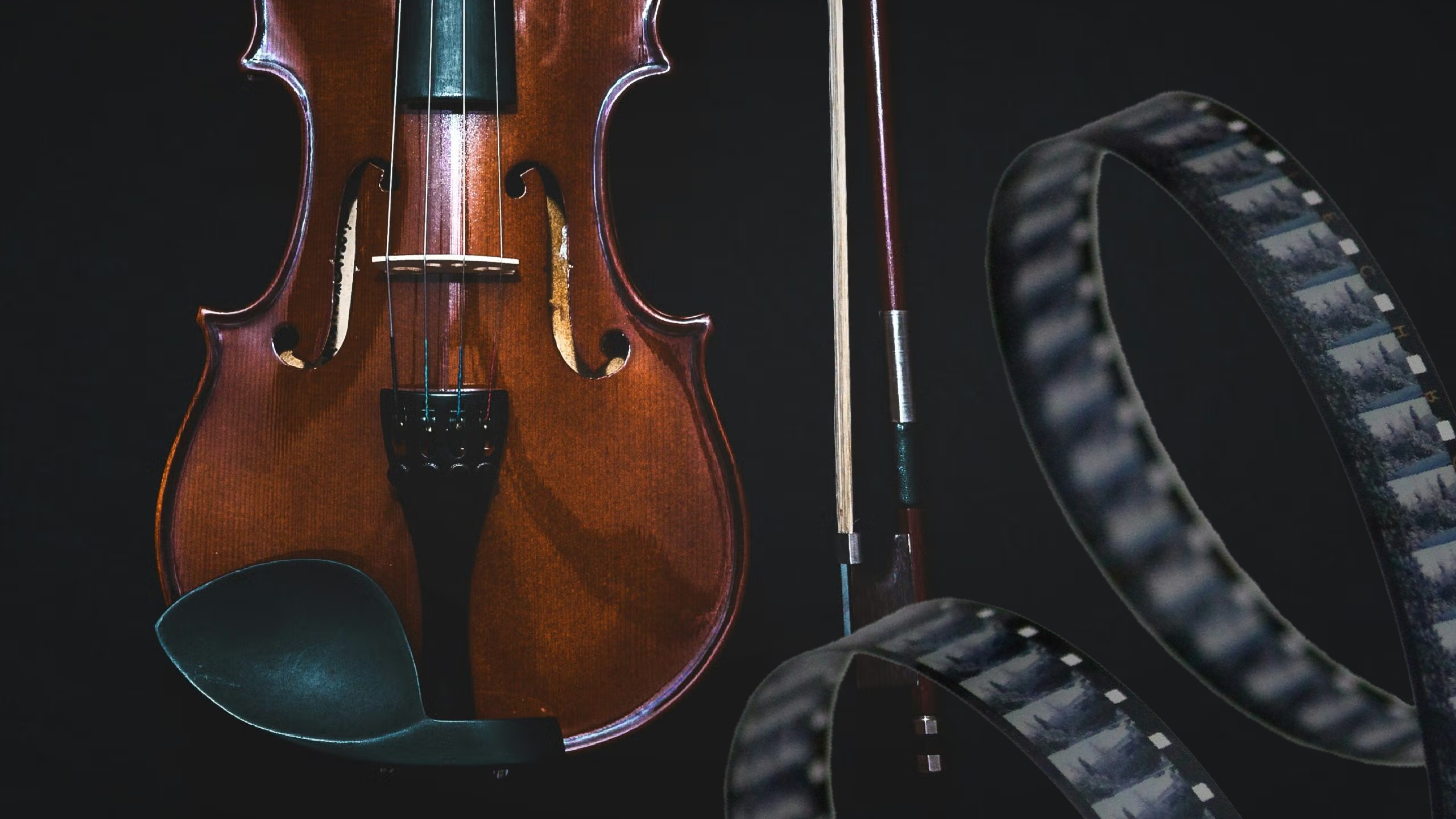This lecture explores the symbolic and emotional role of the violin in Holocaust cinema. Dr. Kathryn Agnes Huether offers deeper insights into the violin’s impact on the narrative and emotional landscape of Holocaust memory, examining its symbolic significance within the broader context of Holocaust representation in film. A reception in the Green Room will follow.
The three films that will be discussed during this event are Song of Names (2019), Schindler's List (1993), and Diary of Anne Frank (1959). All three of these films available to rent for a nominal fee on many popular streaming platforms. For further reading on the topic, see Kathryn Huether, "Moral Diegesis in Schindler's List (1993)" at https://holocaustmusic.ort.
Livestream: https://schoolofmusic.ucla.edu/school-of-music-live-streams/#other
Kathryn Agnes Huether received her PhD in Ethnomusicology/Musicology from the University of Minnesota in 2021 and holds a master’s degree in religious studies/Jewish studies from the University of Colorado. She is currently UCLA's Initiative to Study Hate and the Alan D. Leve Center for Jewish Studies Postdoctoral Research Associate in Antisemitism Studies. She has held visiting appointments at Vanderbilt University and Bowdoin College and was the 2021-2022 United States Holocaust Memorial Museum Jack, Joseph, and Morton Mandel Center for Advanced Holocaust Research and American University’s Postdoctoral Fellow. Her primary areas of research consider how music—or more broadly sound—mediates modes of contemporary understanding regarding history, memory, discrimination, and trauma with particular emphasis on Holocaust Memory and African American Slavery. While at UCLA, Huether is researching the roles that sound plays in antisemitic virality on social media, in addition to completing her first book project, Sounding Trauma, Mediating Memory: Holocaust Economy and the Politics of Sound, about sound usage within contemporary Holocaust memory. This dynamic project draws on memory studies and trauma theory, as well as Musicology, to add a sonic dimension to our understanding of the complex political economy of the Holocaust.
This event is co-sponsored by the UCLA Initiative to Study Hate.
This program is made possible by the Joyce S. and Robert U. Nelson Fund. Robert Uriel Nelson was a revered musicologist and music professor at UCLA, who, together with his wife, established a generous endowment for the university to make programs like this possible.
